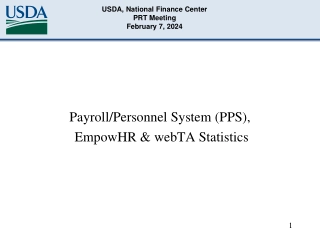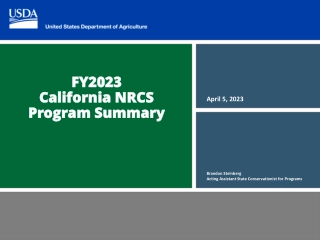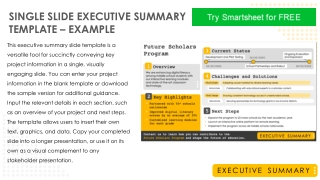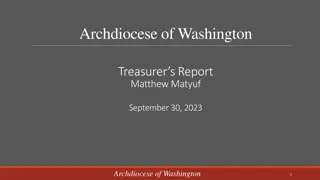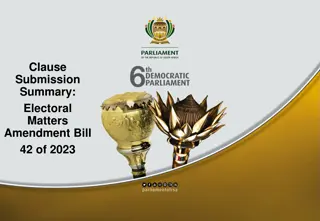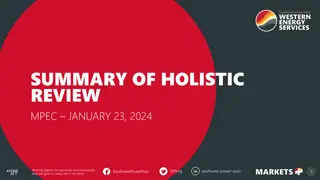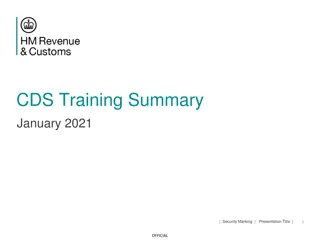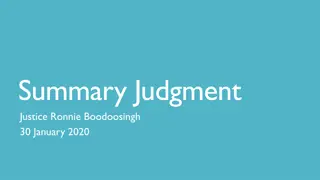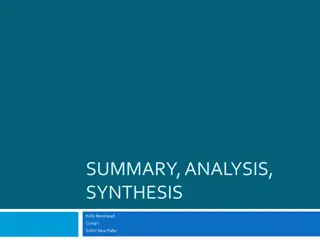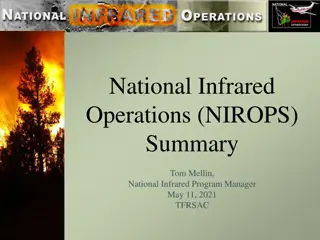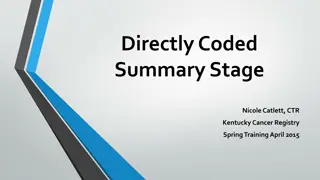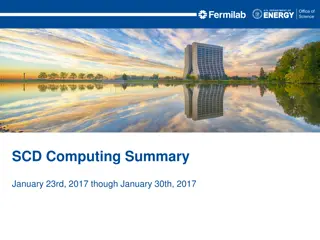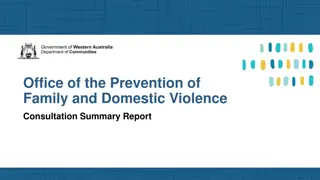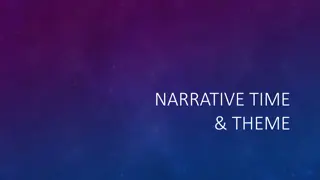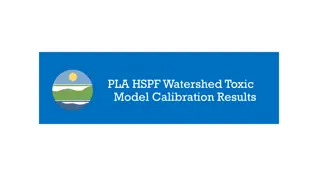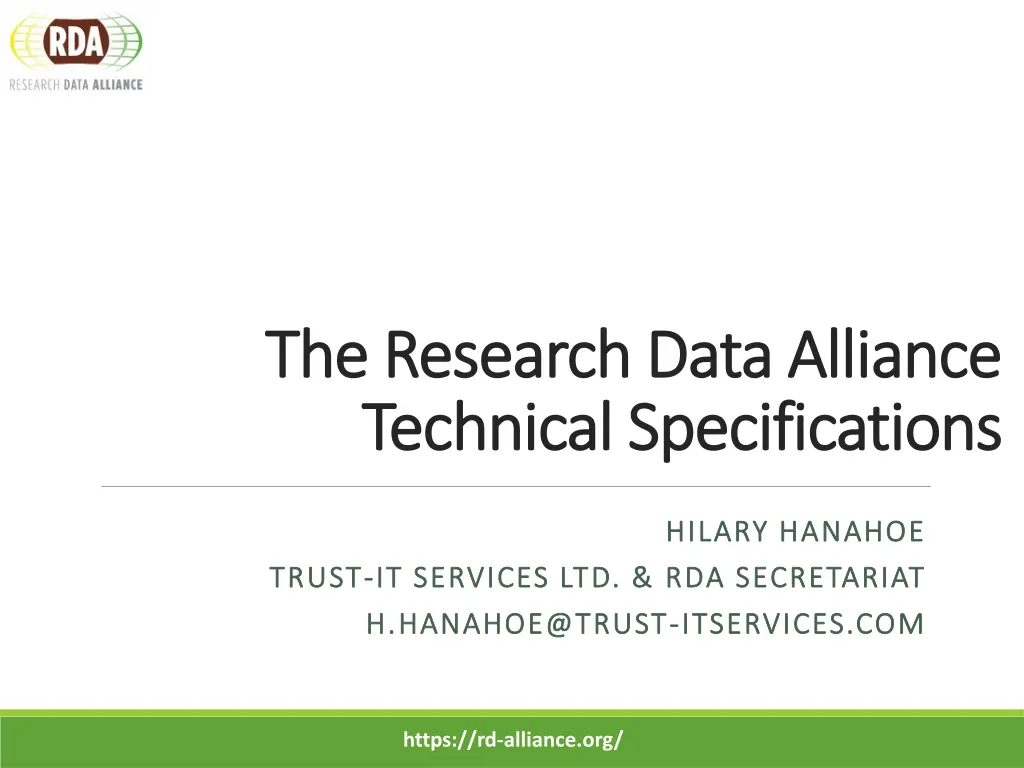
European ICT Standardisation and Compliance Requirements
Learn about the European Commission's approach to identifying ICT technical specifications, the involvement of the European Multi Stakeholder Platform, and the compliance requirements set by the Research Data Alliance. Discover how these initiatives promote interoperability, innovation, and cross-border services in the ICT sector.
Download Presentation

Please find below an Image/Link to download the presentation.
The content on the website is provided AS IS for your information and personal use only. It may not be sold, licensed, or shared on other websites without obtaining consent from the author. If you encounter any issues during the download, it is possible that the publisher has removed the file from their server.
You are allowed to download the files provided on this website for personal or commercial use, subject to the condition that they are used lawfully. All files are the property of their respective owners.
The content on the website is provided AS IS for your information and personal use only. It may not be sold, licensed, or shared on other websites without obtaining consent from the author.
E N D
Presentation Transcript
The Research Data Alliance The Research Data Alliance Technical Specifications Technical Specifications HILARY HANAHOE HILARY HANAHOE RDA SECRETARIAT SECRETARIAT ITSERVICES.COM TRUST TRUST- -IT SERVICES LTD. & IT SERVICES LTD. & RDA H.HANAHOE@TRUST H.HANAHOE@TRUST- -ITSERVICES.COM https://rd-alliance.org/
Identification of ICT specifications in Europe The European Commission has a flexible approach to standardisation when identifying new ICT technical specifications. WHY? The European Commission can identify ICT technical specifications that are not national, European, or international standards, provided they meet precise requirements. Once identified and approved, these specifications can then be referenced in European public procurement. This flexible approach allows the EU to respond to the fast evolution of technology in ICT. It also helps encourage competition, promote interoperability and innovation, and facilitate the provision of cross-border services. The Research Data Alliance was invited to present the first 4 RDA Outputs under this scheme. https://ec.europa.eu/digital-agenda/en/identification-ict-specifications
Who is involved in this process? The European Multi Stakeholder Platform (MSP) is an expert advisory group on ICT standardisation. It sets up evaluation groups to examine the compliance of technical specifications in the field of ICT that are not national, European or international standards based on a set of requirements. The Multistakeholder platform (MSP) is chaired and coordinated by the European Commission. https://ec.europa.eu/digital-agenda/en/identification-ict-specifications
MSP Advisor on ICT standardisation ICT Standardisation Bodies Who is on the MSP? Member States and EFTA countries Industry, SMEs and society representatives https://ec.europa.eu/digital-agenda/european-multi-stakeholder-platform-ict-standardisation
RDA Compliance with Requirements RDA Compliance with Requirements for ICT Technical Specifications for ICT Technical Specifications REQUIREMENTS Market acceptance & promote interoperability No conflict with EU standards Developed by a non-profit making organisation which is a professional society, industry or trade association or any other membership organisation (a) maintenance ANNEX II: Requirements (b) availability (c) intellectual property rights (d) relevance (e) neutrality and stability (f) quality Organisational Processes of the organisations must fulfil the following criteria: Openness: the technical specifications were developed on the basis of open decision-making Consensus: decision-making process was collaborative and consensus based Transparency http://eur-lex.europa.eu/LexUriServ/LexUriServ.do?uri=OJ:L:2012:316:0012:0033:EN:PDF
How are new ICT specifications identified? 1. Application by RDA to assess technical specifications submission of details on organisational processes & RDA outputs: TS1: Data Foundation & Terminology Model TS2: PID Information Types API TS3: Data Type Registries Model TS4: Practical Policy 2. Favourable assessment and invitation to present to the Multistakeholder platform (26 November 2015), as a result of which 3. Evaluation Committee set up and Evaluation process starts in December 2015. 4. Feedback + identification of specifications or reapplication The Research Data Alliance was favourably evaluated and is now in step 3. https://ec.europa.eu/digital-agenda/en/identification-ict-specifications


